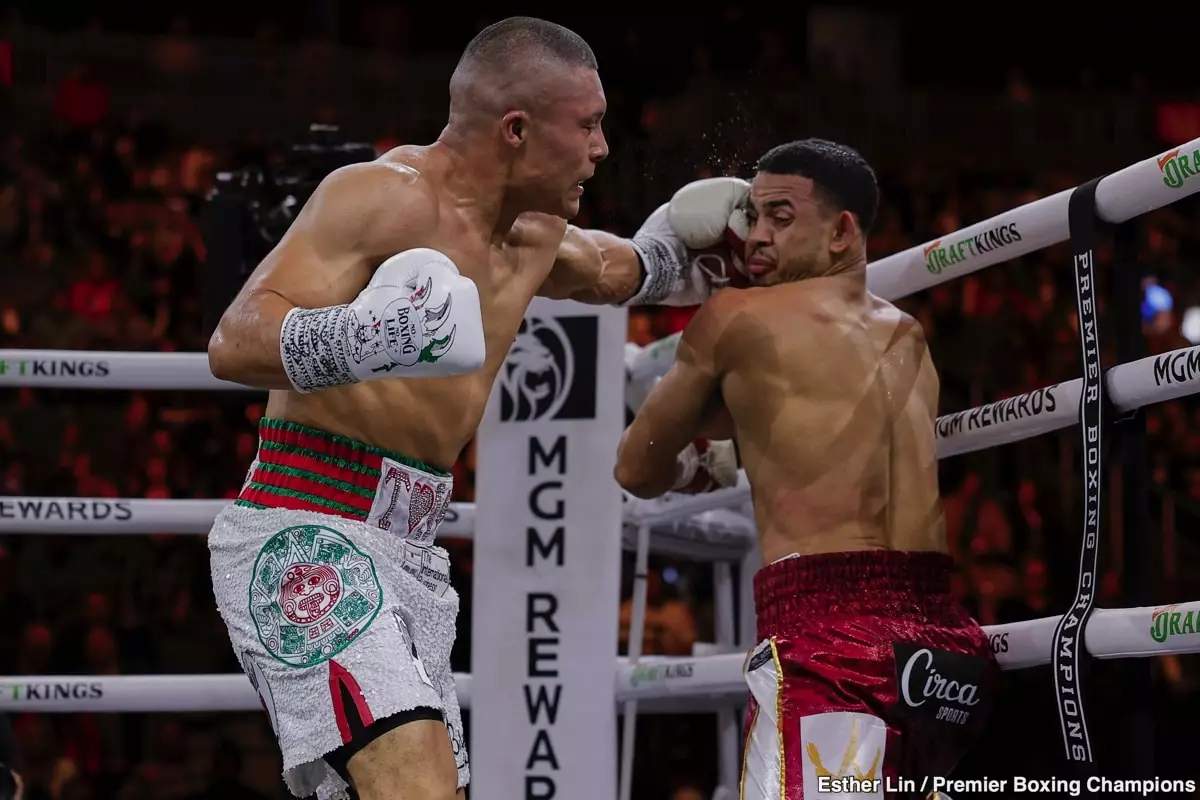The upcoming bout between Ryan Garcia and Rolando ‘Rolly’ Romero for the WBA’s secondary welterweight title in May has ignited a firestorm of debate among boxing enthusiasts. With a backdrop of both fighters boasting relatively high profiles, the question mark lingering over the legitimacy of this title fight highlights a critical issue in the sport: the proliferation of boxing titles and the validity of those that exist outside the main championship narratives.
The World Boxing Association (WBA) has stirred the pot further by announcing that a secondary title will be at stake, despite neither Garcia (24-1, 20 KOs) nor Romero (16-2, 13 KOs) being ranked in the top 15 by any major sanctioning body. This situation raises eyebrows, especially considering the WBA’s past commitments to streamline title offerings within each weight class. Various boxing aficionados have expressed outrage on social media, labeling the existence of the WBA’s ‘regular’ title as unworthy of being a focal point in such a matchup. For many fans, this scenario feels like a blatant cash grab rather than a legitimate sporting contest.
The debate doesn’t just stop at the merits of the fighters involved; it speaks to a broader issue within boxing’s governing structures. The current landscape includes four major sanctioning bodies, each with the authority to bestow championship titles, leading to a fragmentation that often confuses fans and diminishes the prestige associated with title belts. Reform advocates argue for a single governing authority to enforce fairness and integrity in title fights. The notion of fighters competing for a title that, quite frankly, seems undeserved only perpetuates the cycle of skepticism surrounding professional boxing.
Ryan Garcia’s trajectory adds another layer to the controversy, particularly following his year-long PED suspension for testing positive for Ostarine. For his potential redemption to come in the form of a secondary title fight seems rather ironic, as many observers question the appropriateness of such an honor being up for grabs by a fighter recently entangled in doping allegations. In parallel, Romero’s recent knockout loss and lack of a clear path back to relevance render this matchup even less credible.
As boxing fans gear up to witness this bout, the implications of the WBA’s choices extend far beyond Garcia and Romero. If these seemingly trivial title fights carry on unchecked, the sport risks losing its allure and authenticity. The anticipation will surround not just the fighters in the ring, but also what this match says about the state of boxing governance. It’s a reminder for all stakeholders in the sport that the fight is about more than just what’s at stake in the ring; it’s about the overall health and reputation of boxing as a whole.
The Garcia-Romero fight represents a microcosm of an industry grappling with its identity amid mounting skepticism. How boxing organizations interpret and enforce their title structures will ultimately determine how fans perceive legitimacy in the sport. Until then, the fervor surrounding this upcoming fight may sadly serve as an example of what boxing must overcome to maintain its valued standing.

